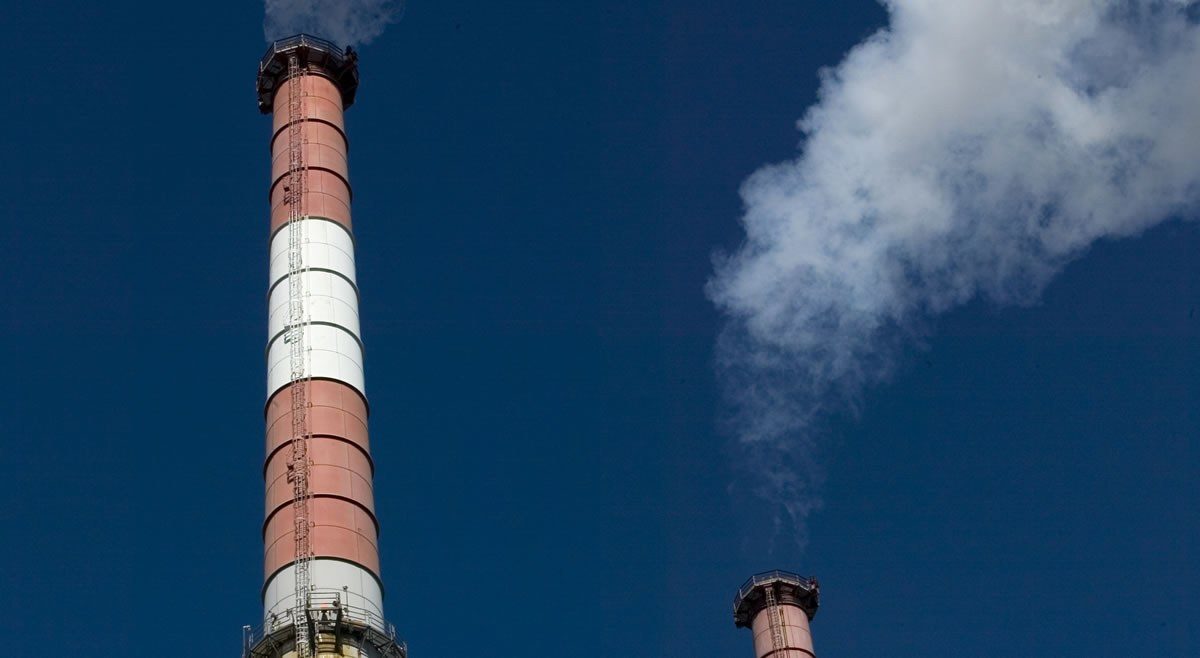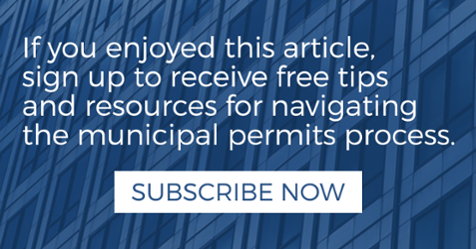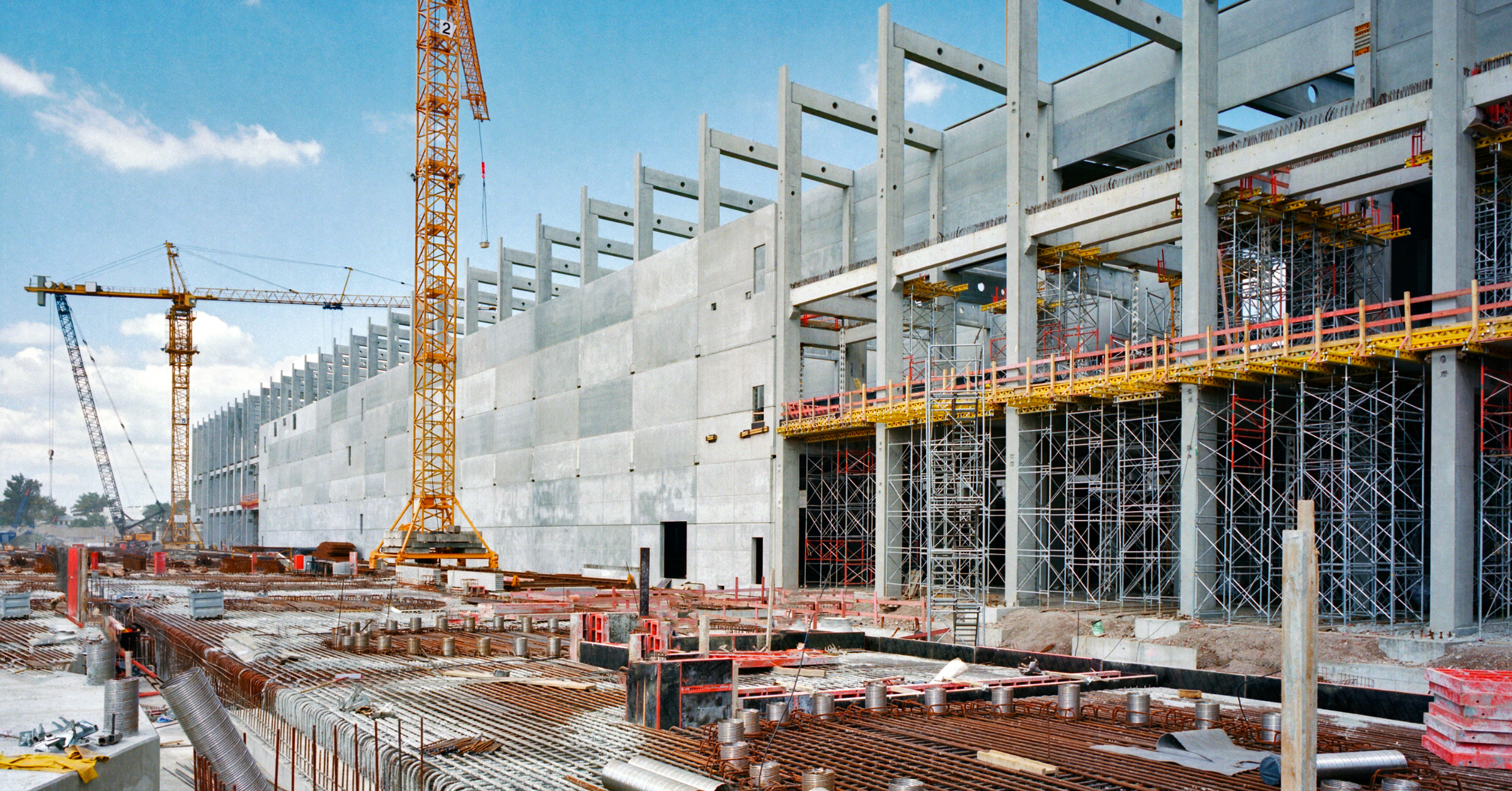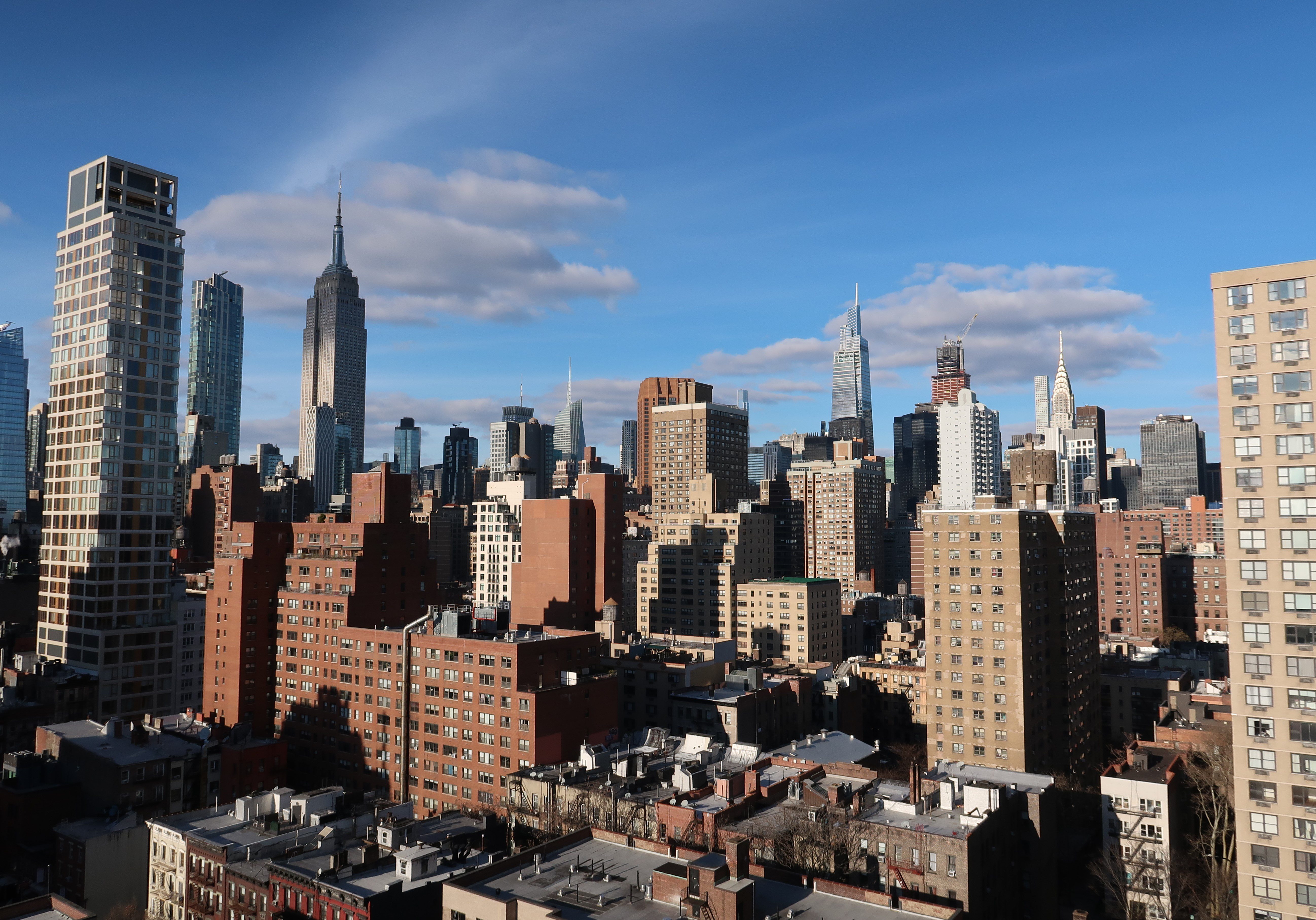While summer is heating up, legislation is taking effect to cool down some of New York City’s biggest air quality pollution sources. These revisions represent the largest change to the Air Pollution Control Code since 1975.
New restrictions on wood-burning and coal-burning equipment affect smaller businesses and residential buildings. These units now must have an emission control device for odors, smoke and particulate matter. In all cases these “cook stoves” are not permitted and must be phased out by January 1, 2020. Additionally, residential homes using wood as their primary heat source are no longer permitted.
The changes were enacted as Local Law 38 on May 6, 2015, of this year.
These changes echo the City’s goal of becoming the cleanest air quality city among major U.S. cities by the year 2030.
Changes to Fuel Oil restrictions came into effect early 2014. A few of those technical changes include:
- Fuel oil grades #4 and #6 are no longer permitted and are prohibited in new boilers.
- Required combustion efficiency for oil-fired boilers is now 83%, formerly 80%. Natural gas-fired boilers that operate at 80% efficiency are now allowable under the code.
- All boilers must have an annual tune-up and combustion efficiency test performed by a qualified combustion tester. This is required when submitting to renew a Certificate of Operation for the equipment.
For more information, visit the NYC Air Pollution Control Code website.
For any additional questions or comments on the NYC Air Code, please contact Milrose Consultants.








